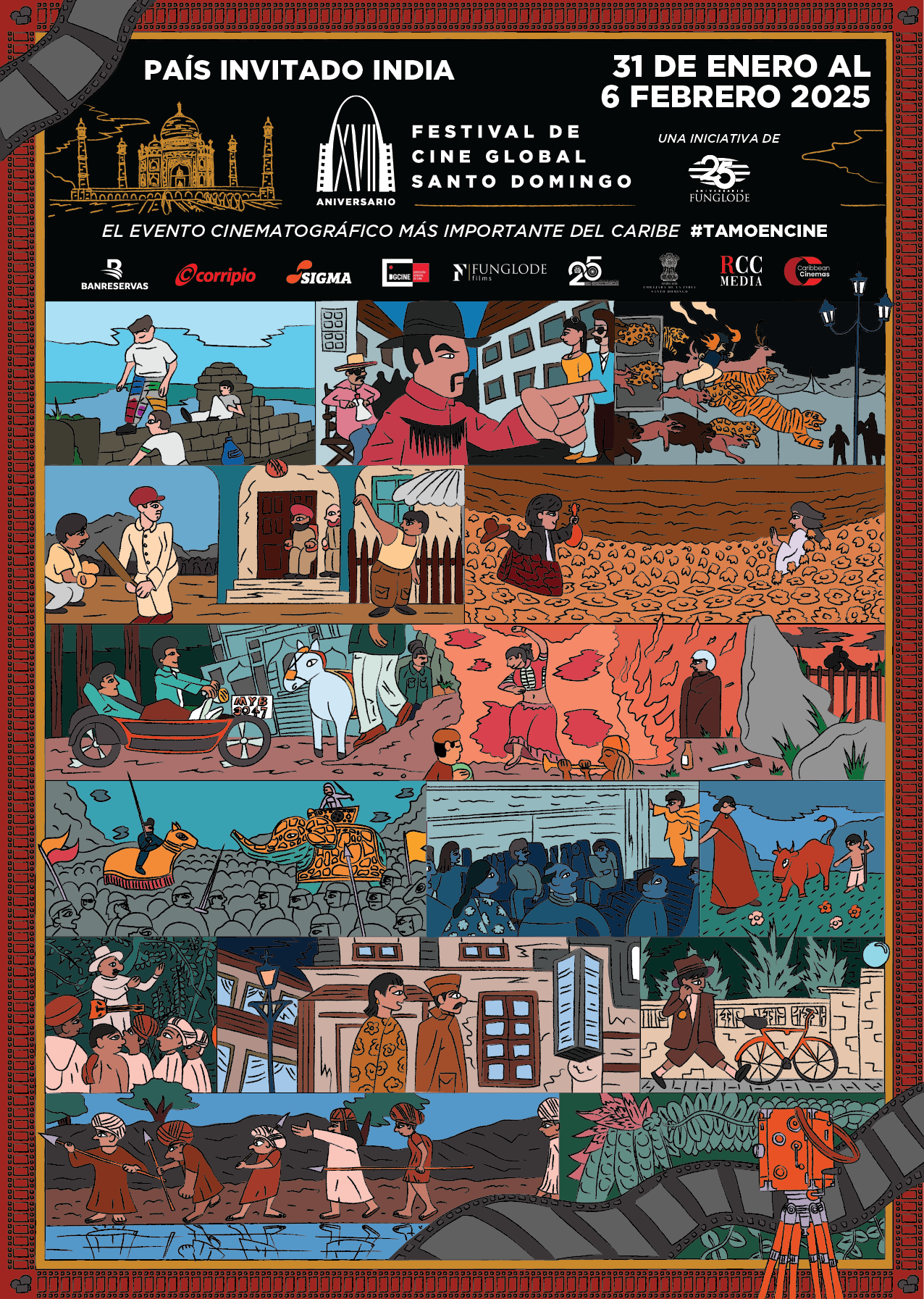Junot Díaz Says His Pulitzer Prize is a Recognition of Dominican Emphasis on Education for Young People
 | Junot Díaz Says His Pulitzer Prize is a Recognition of Dominican Emphasis on Education for Young People Junot Díaz, writer and Pulitzer Prize winner, attended the 11th International Book Fair of Santo Domingo 2008 as guest of honor on Thursday May 1. Díaz spoke of his life, his work and Dominican virtues. “I didn’t write this book on my own; I wrote it because I belong to a hardworking community, half crazy and very proud, that inspires its children to study,” Díaz, who received the Pulitzer for his novel The Brief Wondrous Life of Oscar Wao (La prodigiosa vida breve de Oscar Wao), called his literary prize “the product of the community work we’ve done with our people.” “I didn’t write this book on my own; I wrote it because I belong to a hardworking community, half crazy and very proud, that inspires its children to study,” he said with a charge of emotion that stirred the audience. He added that the award was also a clear recognition of the Dominican community in the United States which tends to get “bad press” in the US. He added that the award is “something that can motivate the Dominican community.” Junot Díaz, who uses straightforward language to describe reality, captivated the audience at the National Cinemateque in his first large public appearance since winning the Pulitzer Prize in the United States. His identification with the Dominican immigrant community, in which he was raised in the United States, is very strong. “Although I was surprised when I got the call from the Pulitzer committee, I don’t think it’s a big deal because we Dominicans have many geniuses and writers in our midst. Therefore the prize is recognition from the United States of all Dominican writers.” The writer and literature professor immigrated from Villa Juana to New Jersey with his family when he was seven years old. When asked about his personal experiences of arriving as a child to an unknown place, he confessed that it was difficult to answer, saying there are no words to explain such a situation. “My last two books,” he said, “are an attempt to deal with and to understand that experience.” “Although I was surprised when I got the call from the Pulitzer committee, I don’t think it’s a big deal because we Dominicans have many geniuses and writers in our midst. “I think we do not have the right words to describe how an 11-year-old boy must feel upon arriving to the United States; when a boy loses his world and has to live in an unknown world. It is a question of science fiction…now I understand why the majority of immigrants don’t talk much those first few years,” he said. “There is a lot of confusion, a lot of sacrifice,” he paused then added, “I am still trying to figure out and describe that reality.”In the dialogue following his speech and questions from his hosts and the audience, Díaz admitted that fame frightened him and that he had to deal with this fear since winning the prestigious US literary prize. “Every Dominican I know who became the slightest bit famous went crazy so I was afraid of that,” he said, provoking applause and laughter. Freddy Ginebra, publicist and writer, and Pablo Mckinny, journalist and writer, were hosts of the gathering. Minister of Culture José Rafael Lantigua and Book Fair organizers were part of the audience. The gathering, initially scheduled to take place in the Café Bohemia where Freddy Ginebra is coordinating activities, was changed to the Cinemateque to allow for a larger crowd. The huge turnout was further evidence of the close ties between the Dominican community in the DR and the US. One of the most moving moments of the activity was when Junot’s mother, Virtudes, entered the auditorium. When he saw her walk in, Junot left his place at the podium, walked down to his mother and hugged and kissed her as the crowd applauded. Later, when someone asked him what his parents said when he told them he wanted to study literature, he admitted he felt nervous talking about his life in front of his mother. His mother decided to answer the question saying that she was proud of her son’s success and revealed that when he was a little boy, he wanted to be “an astronaut.” She repeated how proud she was as a mother that all her children have been successful. Díaz is currently a Professor of Humanities at Massachusetts Institute of Technology (MIT). Central to Díaz’s work is the duality of the immigrant experience. Many of his stories relate how difficult the transition was for him and his family. Drown (Ahogado), published in 1996, is a collection of stories published in various magazines. The first of these stories is “Ysrael,” initially published in the literary magazine Story then later in The Paris Review and The New Yorker. Díaz, 40 years old, has received the “Pushcart Prize XXII” (1997), the “Eugene McDermott Award” (1998) and a “Guggenheim Fellowship” award (1999). He studied undergrad at Rutgers University then earned a Masters Degree in Fine Arts at Cornell University.
| |||||
| Fecha de Publicación: 02 de Mayo del 2008 |

Related News
-
(Versión en español) Presentarán en Azua antología con cuentos de cinco reconocidos escritores
-
(Versión en español) Francia inaugura su programa “Francofonía 2025” con la exposición “La Traversée” de Edouard Duval-Carrié
-
(Versión en español) Roberto Ángel: Ruta de conciertos en parques y plazas iniciarán el 16 de marzo en Moca
-
(Versión en español) Los Rechazados: Operación Submarino ya en salas de cine del país
-

Actividad #1
Dónde:: Complejo Acuático Del Centro Olímpico Juan Pablo Duarte.
Días: 28 y 29 de noviembre 2016.
Precios: RD$1,1000.00 VIP, RD$600.00 gradas.








